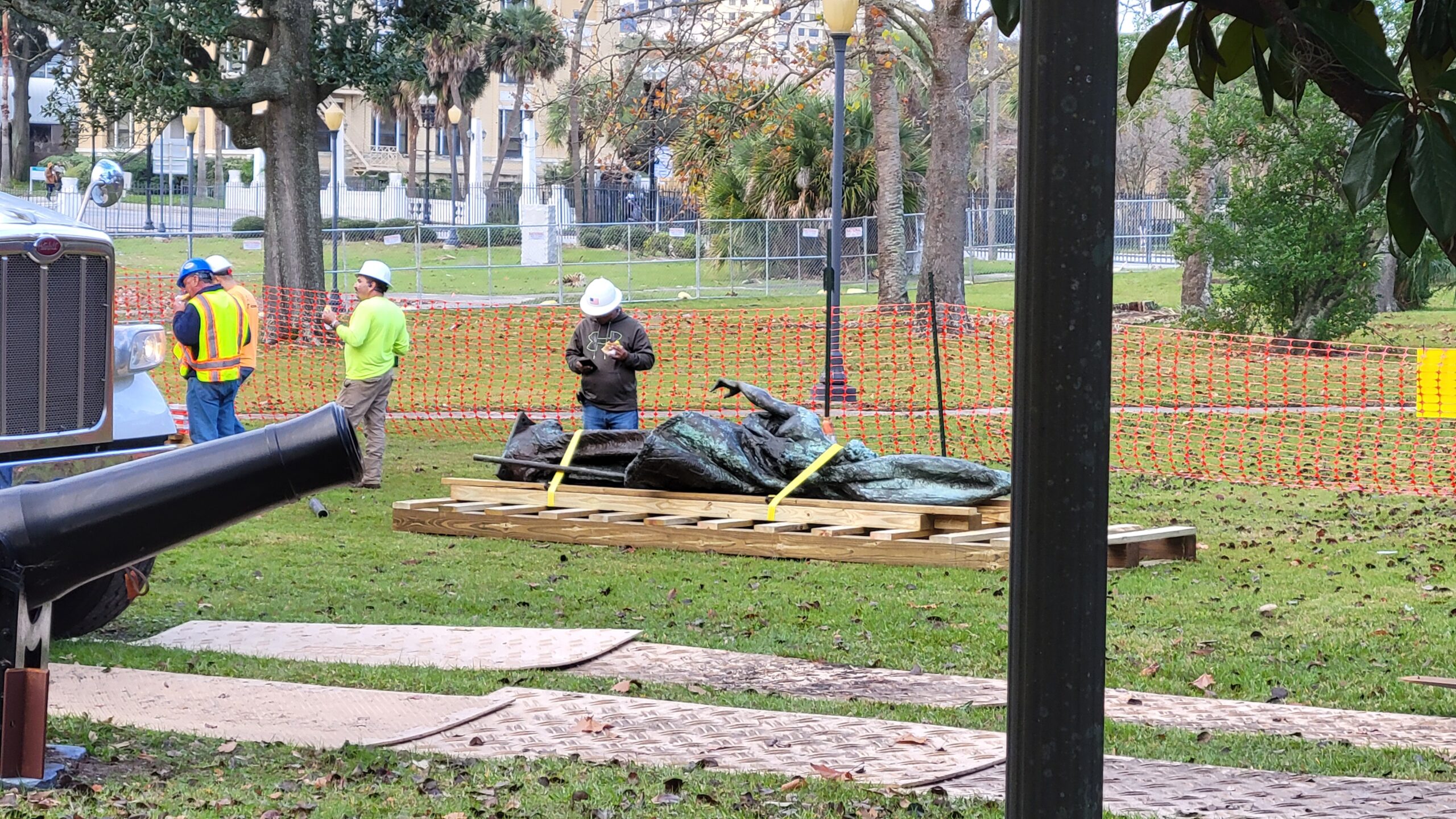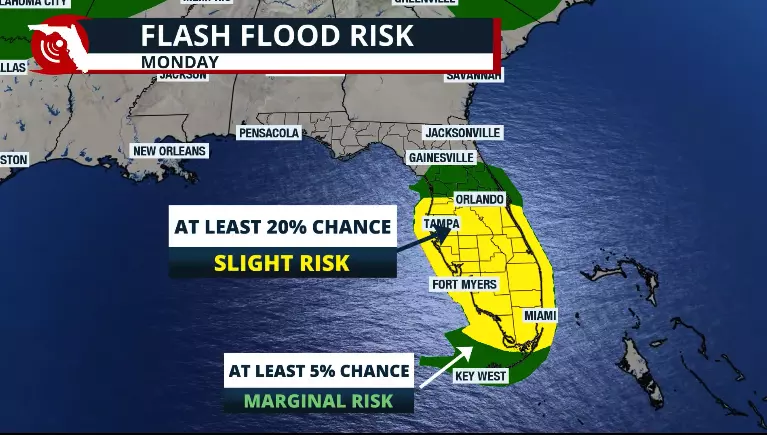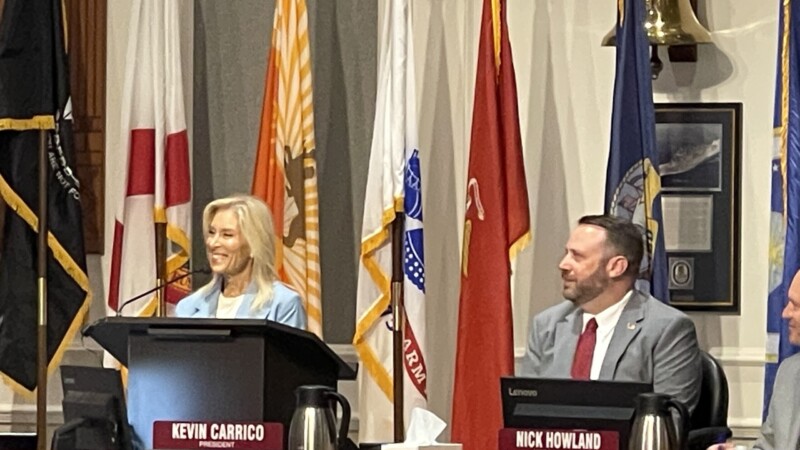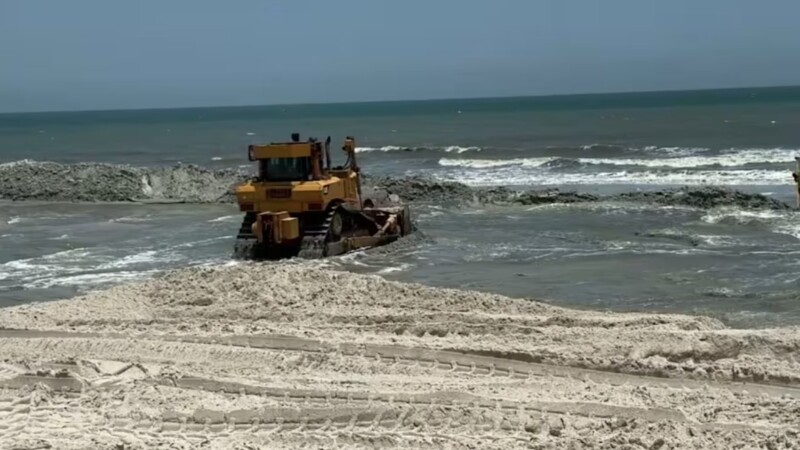
In a fit of irony worthy of First Coast Connect’s old “Only in Florida” segment, Republicans in a Florida Senate committee demonstrated acute disgust at some of the most (a-hem) fervent supporters of a legislative push to impose Jim Crow-era Confederate monuments on cities that want to take them down as part of an effort toward healing old wounds of racism.
But don’t take my word for that. Take the words of the Senate president, as reported first by Florida Politics:
“There are problems with the bill,” Kathleen Passidomo said. “More than that, there are problems with the perceptions among our caucus on all sides. So I’m going to take that into consideration. I’m not going to bring a bill to the floor that is so abhorrent to everybody.”
Abhorrent perceptions?
Welcome to the party, Madame President.
For years in this column and the local press, we have devoted article after article to the seeming contradiction between Jacksonville’s quest to be a 21st century great city and the City Council’s clinging to old monuments from the Jim Crow era that may be made of metal and rock but are glazed with a toxic quasi-nostalgia for a social order built on oppression and brutality.
Mayor Donna Deegan made her move as the after-Xmas sales started, taking down the final structure in the former Confederate Park, with the provisional sanction of the general counsel whom the City Council voted in unanimously, in no small part because he had the virtue of not being their former colleague Randy DeFoor. Monument proponents clung to a hope that state legislation would provide a cure for Deegan’s executive decision.
But it turns out they may have just been whistlin’ Dixie.
The turning point for this toxic bill, as the Passidomo quote suggests, was indeed in the Senate — and not the House, where local Rep. Dean Black agreed to a committee amendment that struck the condition of retroactivity that could have required Deegan to put the monuments up. He told me that reflected a “very fluid” committee process, but the move was one that made his legislation more defensible in the courts, avoiding retroactive punishment for something not illegal when it happened.
The Senate process fell apart during comments from the public, as a man from Live Oak lauded the Martin bill’s protection of “white society” from a “cultural war” imposed on the Confederate statuary, a phrasing that repelled the senators before giving him their vote to move the bill along anyway.
GOP Chair Alexis Calatayud condemned the “atrocious” and “despicable” sentiments, while Clay County GOP Jennifer Bradley was up on the bill, but blasted its “vile” and “racist” supporters.
“You make me want to vote ‘no,’” she said, before voting yes, after Democrats walked out in protest at some of the very personal attacks on the committee’s sole Black member during public comment.
Martin cried crocodile tears in close, blaming the “media” (who else?) for “appropriating the Confederate flag with my name” before he filed the bill, when Black told me Martin would carry the Senate bill.
“This bill is not about white supremacy, it’s not about Southern culture,” Martin said, before grievously misunderstanding Jacksonville — a place his legislation was intended to provide a cure for insubordination. He said the City Council, which is supermajority Republican, sought to remove history and that he wants “the African Americans in Jacksonville to feel a part of history” by putting up more statues erected to stand aside the Jim Crow statues that were removed in 2020 and 2023.
“The solution that they’re providing, that the Jacksonville City Council is providing, is tearing down statues of Democrats. Quit it,” he said. “Let’s add to the history. Let’s add to the triumph. Let’s show why so many in Jacksonville are living proof that America works.”
As we know, the City Council is not tearing down any statues. But what does Sen. Martin care? Jacksonville is just a backdrop for another inane preemption battle in the culture war Tallahassee relishes.
Gov. Ron DeSantis naturally backed monument protection legislation, as he said right here in Jacksonville at the start of Black History Month.
“I have not seen the legislation, but I’ve been very clear ever since I’ve been governor, I do not support taking down monuments in this state,” he said.
He argued that calls for the removal of “some Civil War general or whatever” have evolved into other forms of historical erasure, before drawing moral equivalence between the leading light of the civil rights movement and those shadowy heroes of the Southern insurrection.
“If you’re going to apply some type of hyper-woke 21st century test to pass people, you’re going to run into turbulence with MLK Jr., you’re going to run into turbulence with a lot of people,” he added.
Assuming Passidomo is right and the bill is dead on the Senate side, that doesn’t mean there’s not a path for a hearing. The House version is still moving, and it, in theory, could pass and then be received by the Senate.
That doesn’t mean the Senate has to take it up, of course, but stranger things have happened during the horse trading between the two chambers as session gets close to the end.
But if it is dead? Thank the loud-mouthed racists who got it through the Senate’s head what monument-protection bills are really all about.
Lead image: The Confederate monument in Jacksonville’s Springfield Park is loaded onto a pallet after its removal on Dec. 27, 2023 | Jacksonville Today







